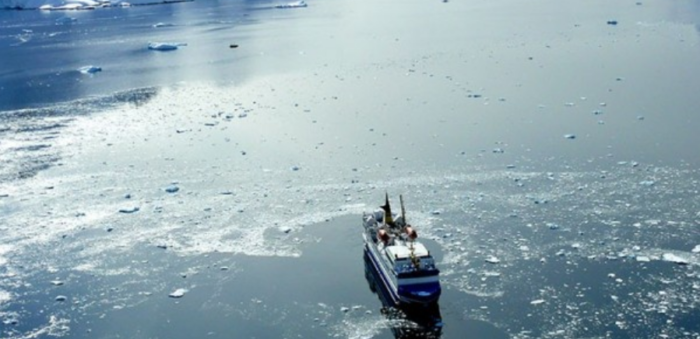Canada has proposed a measure to tackle the risks of heavy fuel oil pollution in the Arctic, which is currently being considered by the maritime industry. In the meantime, Finland proposed another plan to ban HFO in the Arctic, but Canada seems to not be in favour of this.
According to Radio Canada International Finland has proposed a plan to the MEPC to ban the use of HFO by ships in Arctic waters by 2021. This would be mandatory for all ships to which MARPOL applies, while sailing in Arctic, and is supported by Germany, Iceland, Netherlands, New Zealand, Norway, Sweden and the US.
However, Canada responded to Finland’s plan, saying that such a plan must be put on hold for a while, as it could have a significant economic impact to indigenous communities that depend on maritime supply.
In return, Canada wants to find a cost-benefit solution to reduce HFO in the Arctic. As Andrew Dumbrille, senior specialist in sustainable shipping at WWF Canada, said, the country is in favour of a complete ban of HFO in the Arctic, but such a plan needs more time.
[smlsubform prepend=”GET THE SAFETY4SEA IN YOUR INBOX!” showname=false emailtxt=”” emailholder=”Enter your email address” showsubmit=true submittxt=”Submit” jsthanks=false thankyou=”Thank you for subscribing to our mailing list”]
Alternative fuels can be a solution, as a report commissioned by the Arctic Council’s Protection of the Arctic Marine Environment (PAME) Working Group found out.
The report said that alternative fuels can significantly reduce risks, but a change to this kind of fuels would be expensive, as they are more expensive than bunker oil.






























































